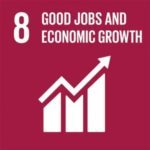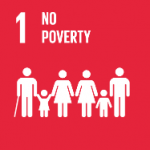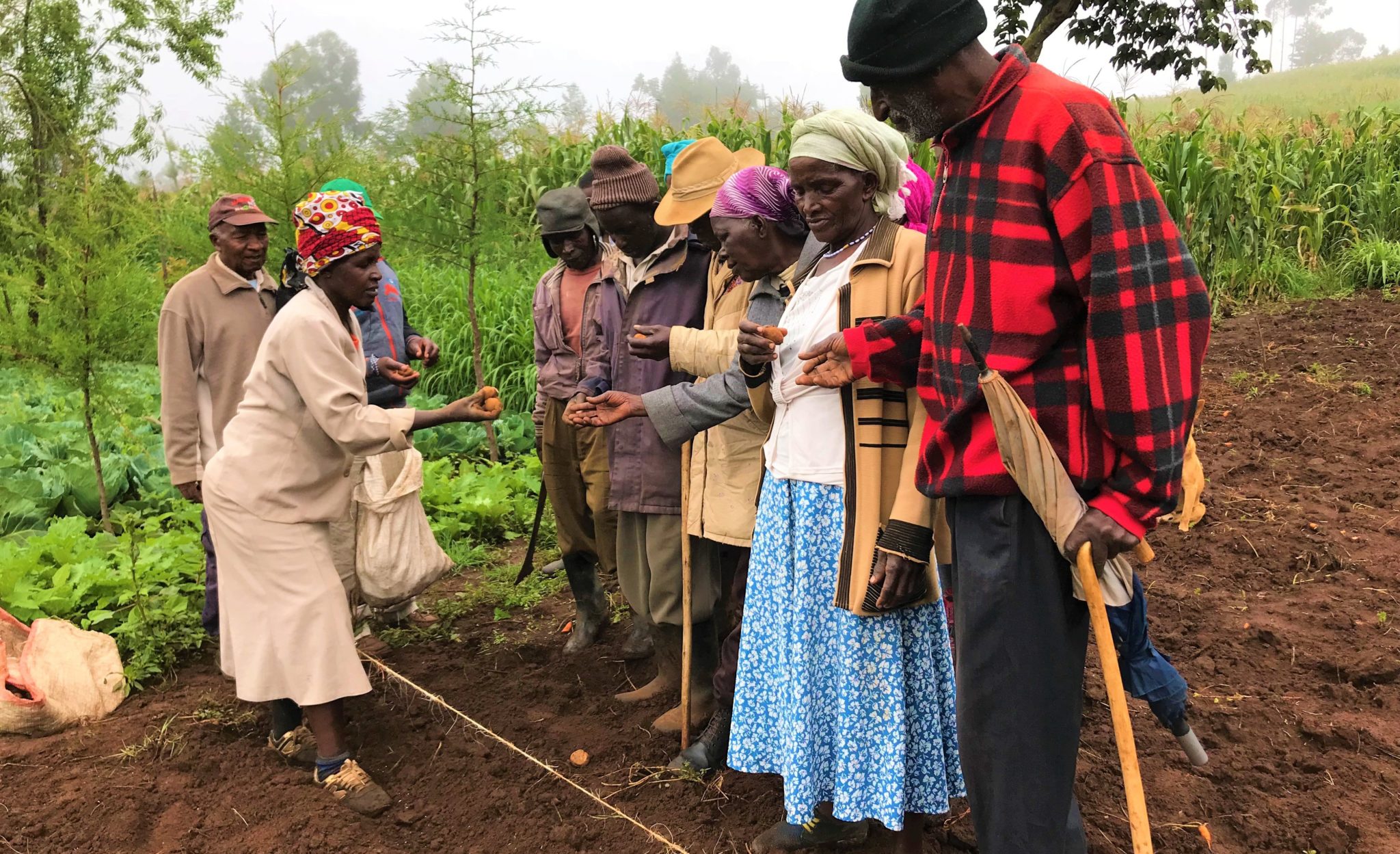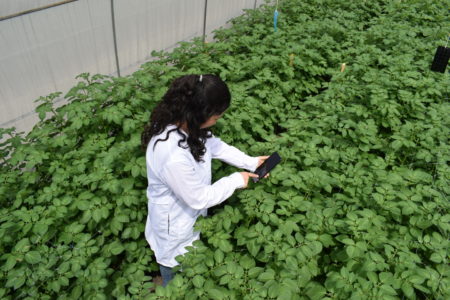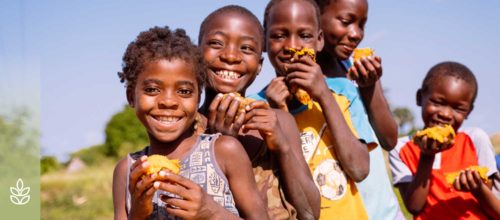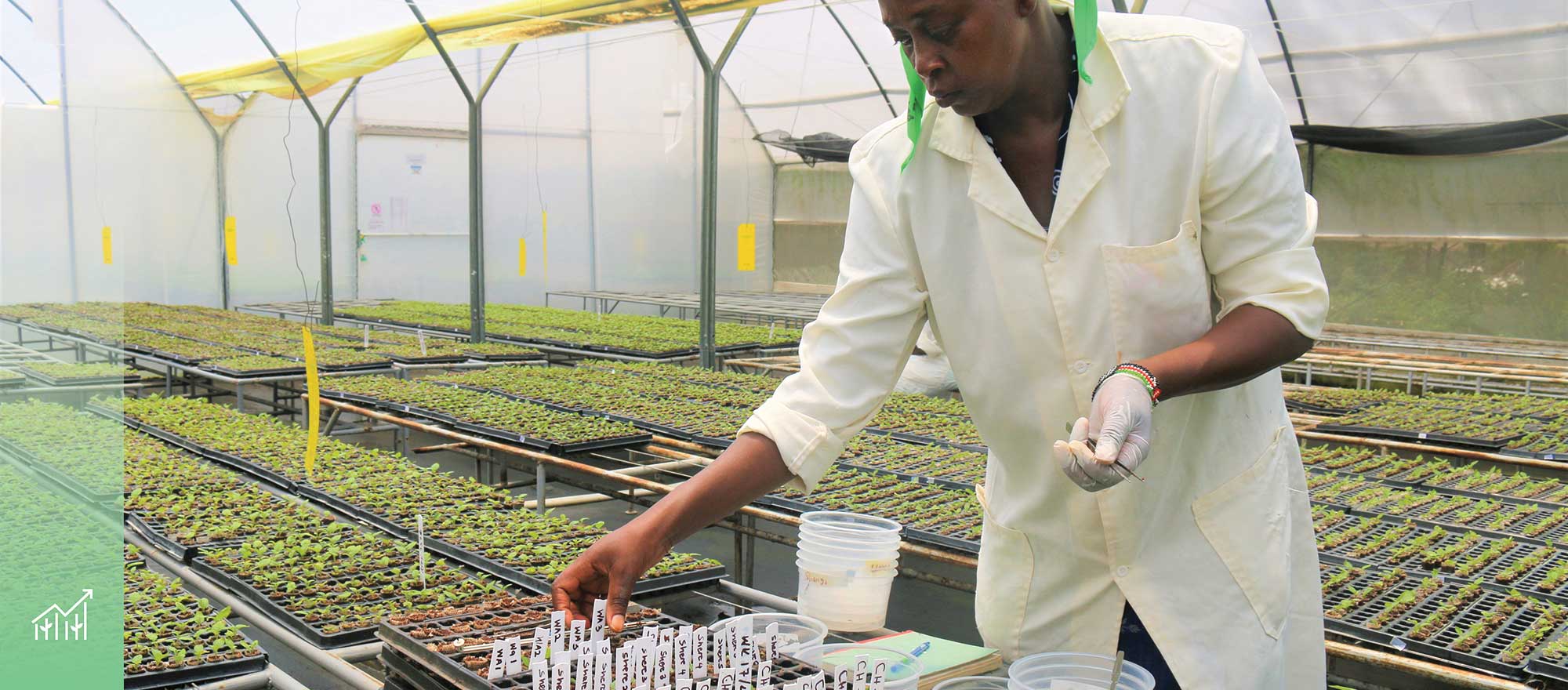
Potato is an increasingly important food crop in much of Africa. Production on the continent has risen 15-fold since 1960.
Long a food security crop, potato is increasingly seen as an employment and income generator, both for farmers and agribusinesses. In Kenya alone, estimates put employment along the value chain at 2.5 million people and the value of the annual potato harvest in 2017 at USD 480 million.
Yet growth in farm incomes in Kenya, and other countries, is hindered by low yields: 8-15 tons per hectare, about half of what smallholder farmers could realistically achieve.
Most African potato farmers plant poor quality seed tubers they save from earlier harvests or purchase on largely unregulated local markets. Often infected with diseases, these seed potatoes perform poorly. Expanding farmer access to quality seed of improved potato varieties is essential to boosting yields and earnings.
Scientists from the International Potato Center (CIP) chose Kenya—a major potato producer in Africa —to introduce Catalyzing potato value chains in Kenya a simple yet innovative technology to ramp up production of high-quality seed. Known as rooted apical cuttings, the technology was developed years ago by scientists from CIP and the Vietnamese Research Center for Experimental Biology and has greatly improved potato yields in southern Vietnam. It is now driving business opportunities in the East Africa nation.
The problem is that seed potato multiplication rates are low compared to other crops—approximately 10 seed tubers per plant. This seriously hinders production. Over the past decade, CIP-promoted technologies for the production of mini-tubers—used to grow disease-free seed potato—have contributed to a ten-fold increase in supply in Africa.
The use of apical rooted cuttings further accelerates the multiplication process, producing more seed potato more quickly and cheaply than other methods. Researchers estimate that growers can earn 40% more from apical cuttings than from mini-tubers.
The innovation begins with tissue culture plantlets grown in a screenhouse. Before the plantlets mature, cuttings are taken from their shoots and placed in seedling pots. More
cuttings are then taken from each new plant. One tissue culture plantlet can thus produce more than 100 rooted cuttings, and in turn 1,000–2,000 seed potatoes.
Introduced in Kenya just two years ago, the technology has already been included in the new national potato certification protocol and private companies produce and sell apical cuttings to farmers, who use them grow seed tubers. More than 265,000 rooted apical cuttings were sold in Kenya in 2018, half of which were purchased by farmers for approximately USD 16,000. In just two planting cycles (one year), those cuttings could potentially generate seed potato worth USD 265,000–500,000.
Dozens of seed ‘multipliers’ and smallholder farmers have purchased cuttings to produce seed. One of them, Cecinta Nduru, used to grow potatoes for the local market but now earns much more as a seed producer. With CIP training, she began producing her own apical cuttings from tissue plantlets in a small nursery.
“This technology gives very high returns in terms of seed quantity and quality,” Cecinta said.
Cecinta is one of a growing number of multipliers who are producing apical cuttings in satellite nurseries in Kenya. The technology is also being used by two private companies in Uganda. It has the potential to greatly expand the supply of quality seed potato, which can double farmer yields under current smallholder conditions. It is poised to contribute significantly to CIP’s goal of improving the yields and incomes of five million households by 2023.
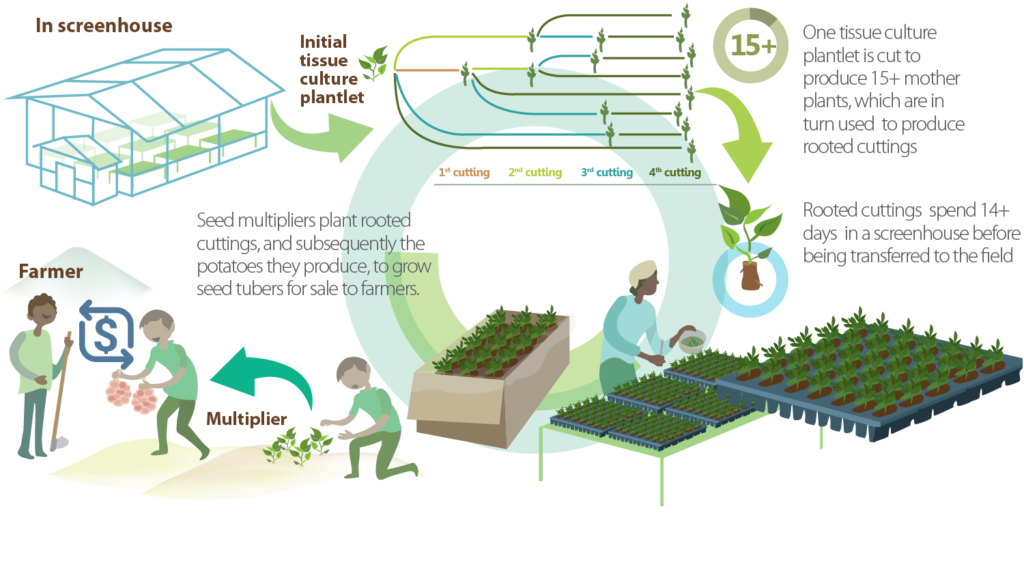
Funders: CGIAR System donors through the CGIAR Research Program on Roots, Tubers and Bananas, Deutcshe Gesellschaft fur Internationale Zusammenarbeit; Federal Ministry for Economic Cooperation and Development, Germany; Syngenta Foundation for Sustainable Agriculture; United States Agency for International Development.
Key partners: Farm Input Promotions Africa; Kenya County Governments of Elgeyo-Marakewt, Meru, Nandi and Uasin Gishu; Kenya Plant Health Inspectorate Service.
Associated CGIAR Research Program: Roots, Tubers and Bananas; Agriculture for Nutrition and Health.

